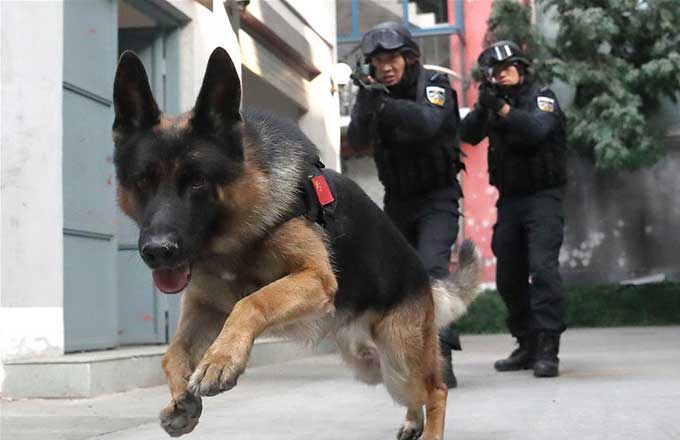China to conduct brain-computer interaction experiments on Tiangong-2
Tiangong-2, China's first space lab in a real sense, was successfully launched into space on Sept 15. A brain-computer interaction test system, developed by Tianjin University and installed in the lab, will conduct a series of experiments in space.
Ming Dong, the leader of the research team in charge of the brain-computer test system, said that brain-computer interaction will eventually be the highest form of human-machine communication. China will conduct the first ever space brain-machine interaction experiments, ahead even of developed countries.
The brain-computer interaction test system in Tiangong-2 boasts 64 national patents. The research team has long been devoted to the research of brain-computer interactions, previously developing two idiodynamic artificial neuron robotic systems that can help with the rehabilitation of stroke patients.
The brain-computer interaction technology will also help Tiangong-2 astronauts to more easily accomplish their assigned tasks.
For instance, Ming explained that brain-computer interaction can transfer the astronauts' thoughts into operations, while at the same time monitoring their neurological function.
- Tiangong-2 takes China one step closer to space station
- Tiangong II space lab ready for launch
- Tiangong II space lab ready for launch
- Tiangong II space lab ready for launch
- China's second space lab Tiangong-2 to be launched between Sept 15 and 20
- Tiangong II laboratory to enter test phase after delivery
- Is it a thing? 10 odd jobs where you can make good money
- Message on a bottle: Mineral water company launches drive to find missing children
- Sun Yat-sen champion of national integrity, unity: Xi
- Four killed, two injured after house collapses in C China
- Cross-Straits forum held to commemorate Sun Yat-sen















